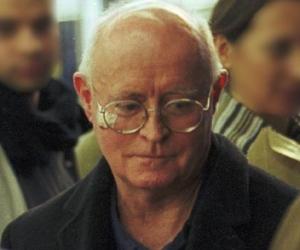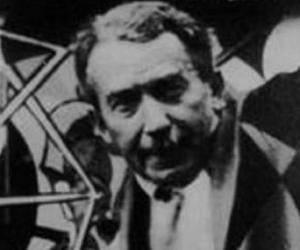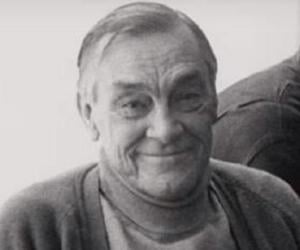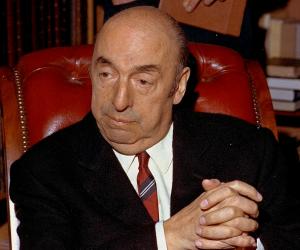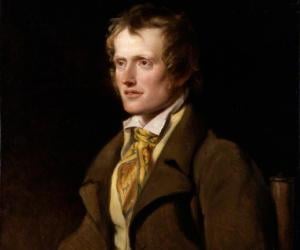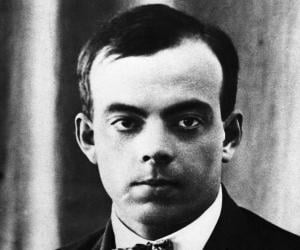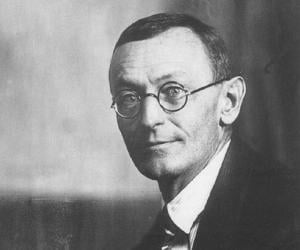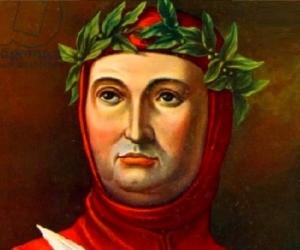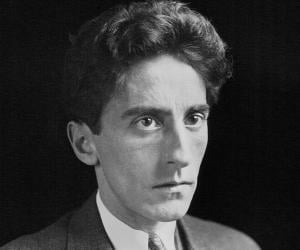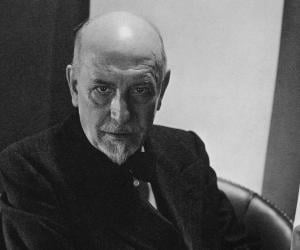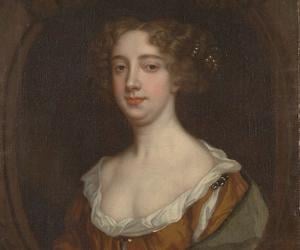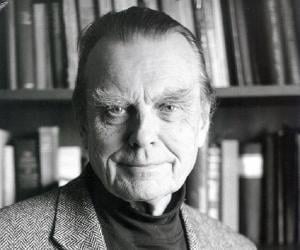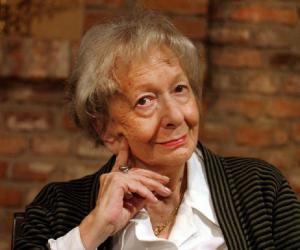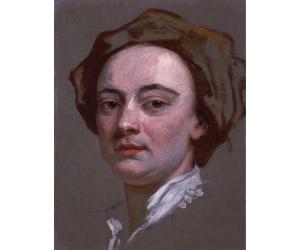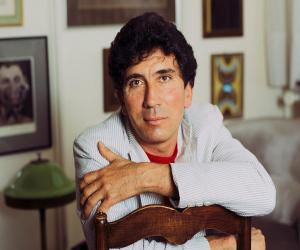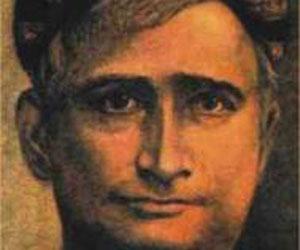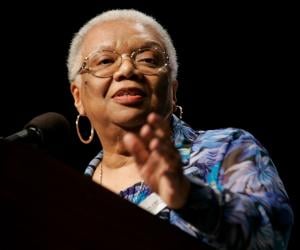Chilean poet-diplomat and politician, Pablo Neruda, won the Nobel Prize for Literature in 1971. He was a versatile writer and his works include surrealist poems, historical epics, political manifestos, and love poems. He is considered the national poet of Chile. As a politician, he served a term as a senator for the Chilean Communist Party and held several diplomatic positions.
French writer, poet, aristocrat, and journalist, Antoine de Saint-Exupery, is best remembered for his novella, The Little Prince. He was a pioneering aviator as a young man. A successful commercial pilot before World War II, he joined the French Air Force at the start of the war. Equally successful as a writer, he won several of France's highest literary awards.
German-born Swiss poet, novelist, and painter Hermann Hesse received the Nobel Prize in Literature in 1946. He explored individuals’ search for authenticity, self-knowledge, and spirituality in his works. An intense and headstrong person from childhood, he developed an early interest in reading. He started writing as a young man and became an influential author in the German-speaking world.
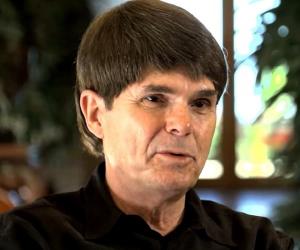
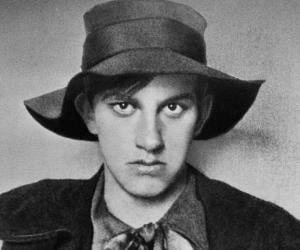
Vladimir Mayakovsky was a Russian and Soviet playwright, poet, artist, and actor. He was a prominent figure of the Russian Futurist movement in the pre-Revolution period leading to 1917. He produced a large and diverse body of work during his career. He admired Vladimir Lenin and supported the ideology of the Bolsheviks. He was popular outside Russia as well.
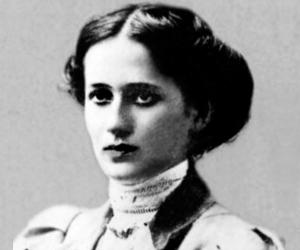
One of the greatest Russian women poets, Anna Akhmatova had started writing poems at age 11. She was part of the Acmeists, who laid down their own style, Acmeism. Poema bez geroya and Requiem remain two of her finest works. She later wrote about the horrors of the Stalinist regime.
Luigi Pirandello was an Italian novelist, short story writer, poet, and dramatist. Best remembered for his plays, Pirandello was honored with the prestigious Nobel Prize in Literature in 1934. An Italian nationalist, Pirandello supported Fascism; he asked the Fascist government to melt down his Nobel Prize medal for the Abyssinia Campaign.
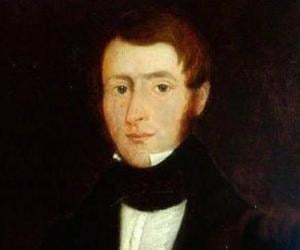
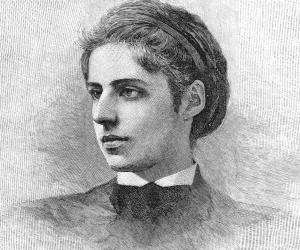
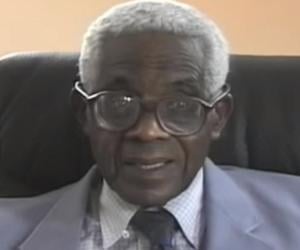
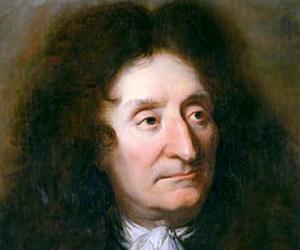
Seventeenth-century French author Jean de La Fontaine is best remembered for his Fables. Initially a forest inspector, he later attended the salons of aristocratic patrons, where he met scholars, authors, and philosophers. Though he faced royal opposition, he was eventually made a part of the French Academy.
Nobel Prize-winning Polish-American poet Czesław Miłosz, known for the iconic Poem of Frozen Time, had made a lucky escape during the German invasion of Poland but had gone back using fake documents to be with his wife, Janina. He later became a Polish diplomat and also taught in the US.
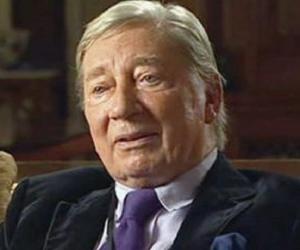
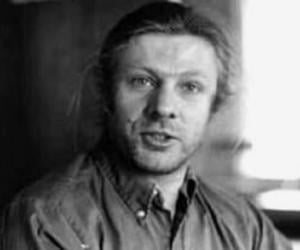
Wisława Szymborska was a Polish poet, essayist, and translator. In 1996, she was awarded the Nobel Prize in Literature for her poetry. Her works have been translated into numerous languages, including English, Arabic, Japanese, Hebrew, and Chinese. She also translated French literature, especially Baroque poetry, into Polish. She actively wrote until her death at the age of 88.
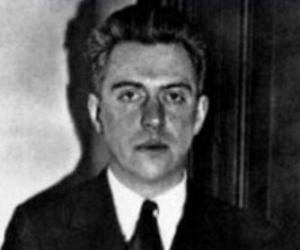
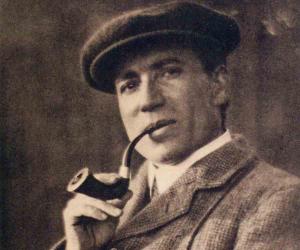
After losing his father at age 3, Georgian poet W. H. Davies was raised by his grandparents. He later spent moving from place to place in the US and Canada, taking up odd jobs, and even lost his right foot while trying to jump a freight train.
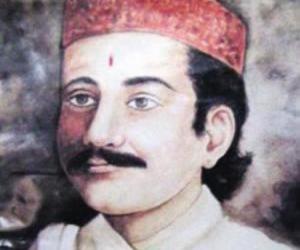
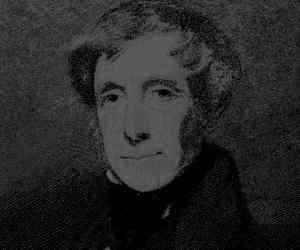
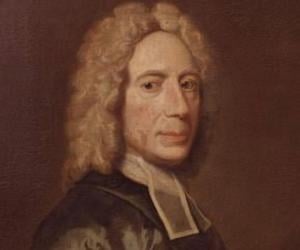
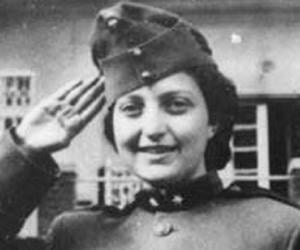
Hungarian Jewish poet and SOE member Hannah Szenes went down in history for voluntarily parachuting into occupied Europe during World War II to assist the Allied forces and the armed resistance against the Nazis. Captured at the Hungarian border, she was eventually tortured and executed by a firing squad.
Reinaldo Arenas was a Cuban poet, novelist, and playwright. As a young man, he supported revolutionary Fidel Castro but later became a local critic of Castro’s ideology. He was openly gay and often wrote about his life as a homosexual man. He was diagnosed with AIDS in 1987 and died by suicide in 1990.
Bankim Chandra Chattopadhyay was an Indian poet, novelist, and journalist. He is credited with composing India's national song, Vande Mataram, which personifies India as a mother goddess. The song played a major role in inspiring revolutionaries during India's struggle for independence. Dubbed Emperor of Literature, Bankim Chandra Chattopadhyay wrote 14 novels alongside several poems.
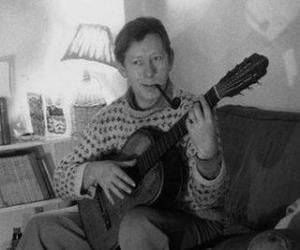
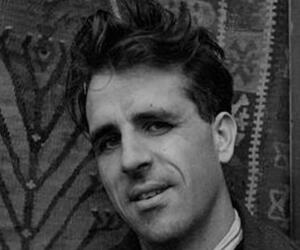
Mervyn Peake was an English writer, poet, artist, and illustrator. He is best remembered for writing a series of fantasy books, which are collectively referred to as Gormenghast. Although his work as an illustrator and painter did not gain popularity during his lifetime, Mervyn Peake's drawings are highly respected by his friends and peers.
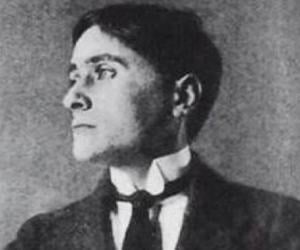
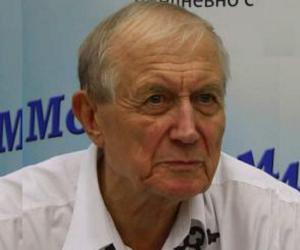
Russian author Yevgeny Yevtushenko, known for works such as Wild Berries and Bratsk Station, is also remembered for his advocacy of artistic freedom in Russian literature rather than a reliance on political overtones. Following the death of Stalin, he focused on using unadulterated language and lyrics with a personal touch.
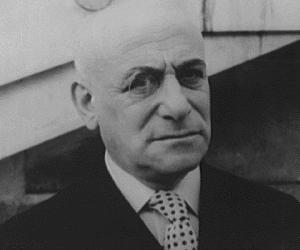
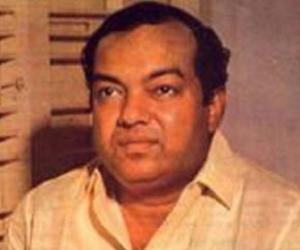
Kannadasan was an Indian poet, lyricist, philosopher, scriptwriter, and philanthropist. Widely regarded as one of the greatest Indian lyricists of all time, Kannadasan wrote about 6000 poems, 5000 film songs, and 232 books. Best known for his work in the Tamil film industry, Kannadasan became the first lyricist to win the National Film Award for Best Lyrics in 1969.
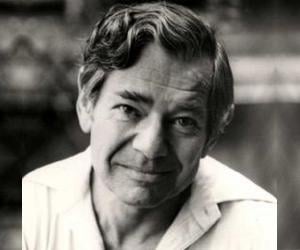
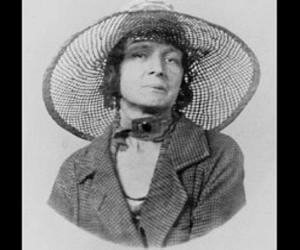
Part of the German avant-garde movement and a prominent Dadaist, poet and artist Elsa von Freytag-Loringhoven is best remembered for her sound poetry and her posthumously published book Body Sweats. It is believed the famous urinal Fountain sculpture thought to be a work of Marcel Duchamp was actually created by Elsa.
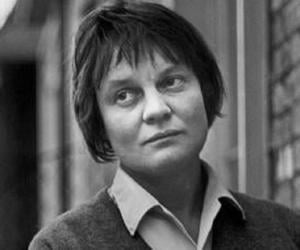
One of the most popular Irish-born British novelists, Iris Murdoch is remembered for her psychological novels, which had a good dose of sexuality, philosophy, morality, and comic elements. While she won the Booker Prize for The Sea, the Sea, the Oxford alumnus had also worked for the HM Treasury and the UN.
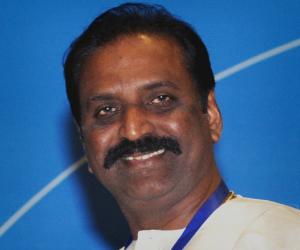
Padma Shri- and Padma Bhushan-winning Indian lyricist, poet, and author Vairamuthu went from being a translator of law books to one of the most significants Tamil literary figures. The song Chinna Chinna Aasai from the film Roja was written by him and won him one of his seven National Awards.
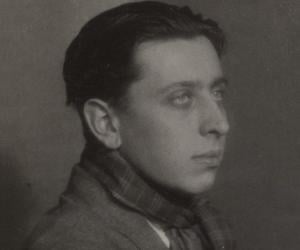
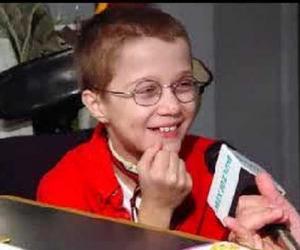
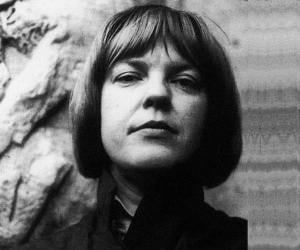
Ingeborg Bachmann completed her PhD and worked as an editor and scriptwriter before plunging into full-time writing. The Gruppe 47 member was known for depicting the trauma of women characters who had failed in relationships. She is best remembered for her poems and her lyrical novel Malina.
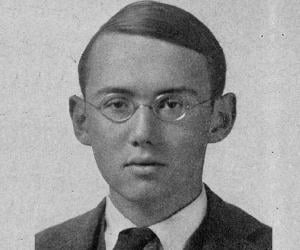
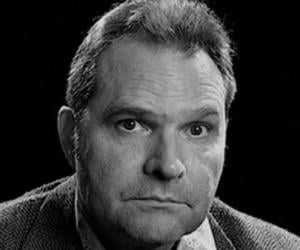
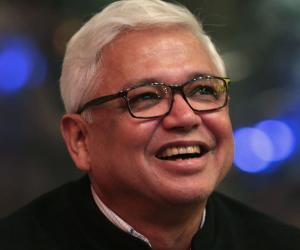
Jnanpith- and Padma Shri-winning author Amitav Ghosh is best known for his iconic bestselling books such as The Calcutta Chromosome and The Hungry Tide. Initially employed with the Indian Express, he later also wrote for publications such as The New Yorker. He is also a regular at international film festivals.
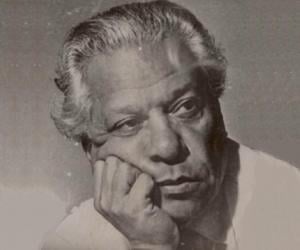
Though Cuban poet Nicolás Guillén was trained in law, he began his career as a journalist. He served as the director of the writers’ union of Cuba and was part of the Cuban Communist Party. One of the pioneers of Black poetry, he was awarded honors such as the Stalin Peace Prize.
